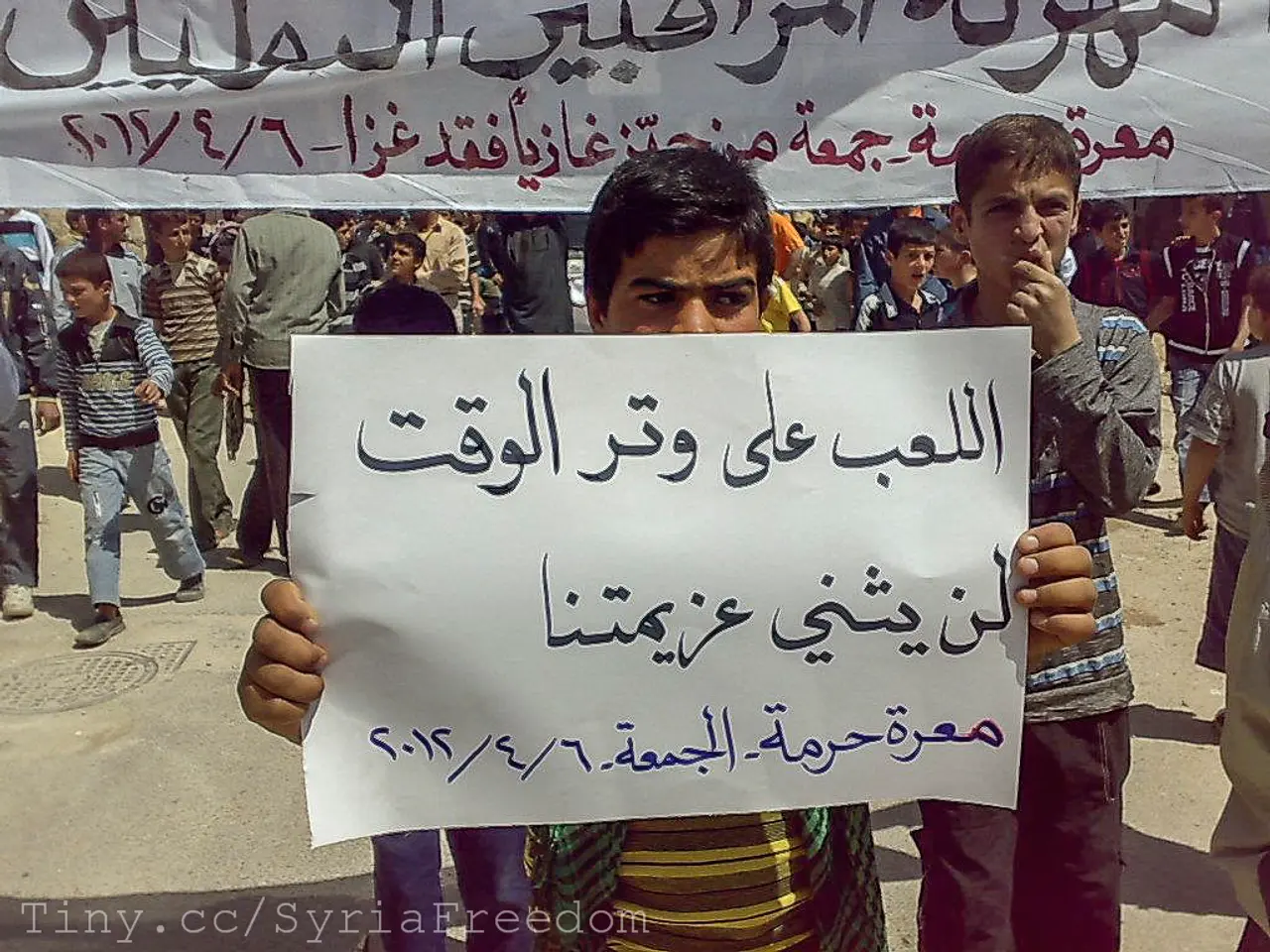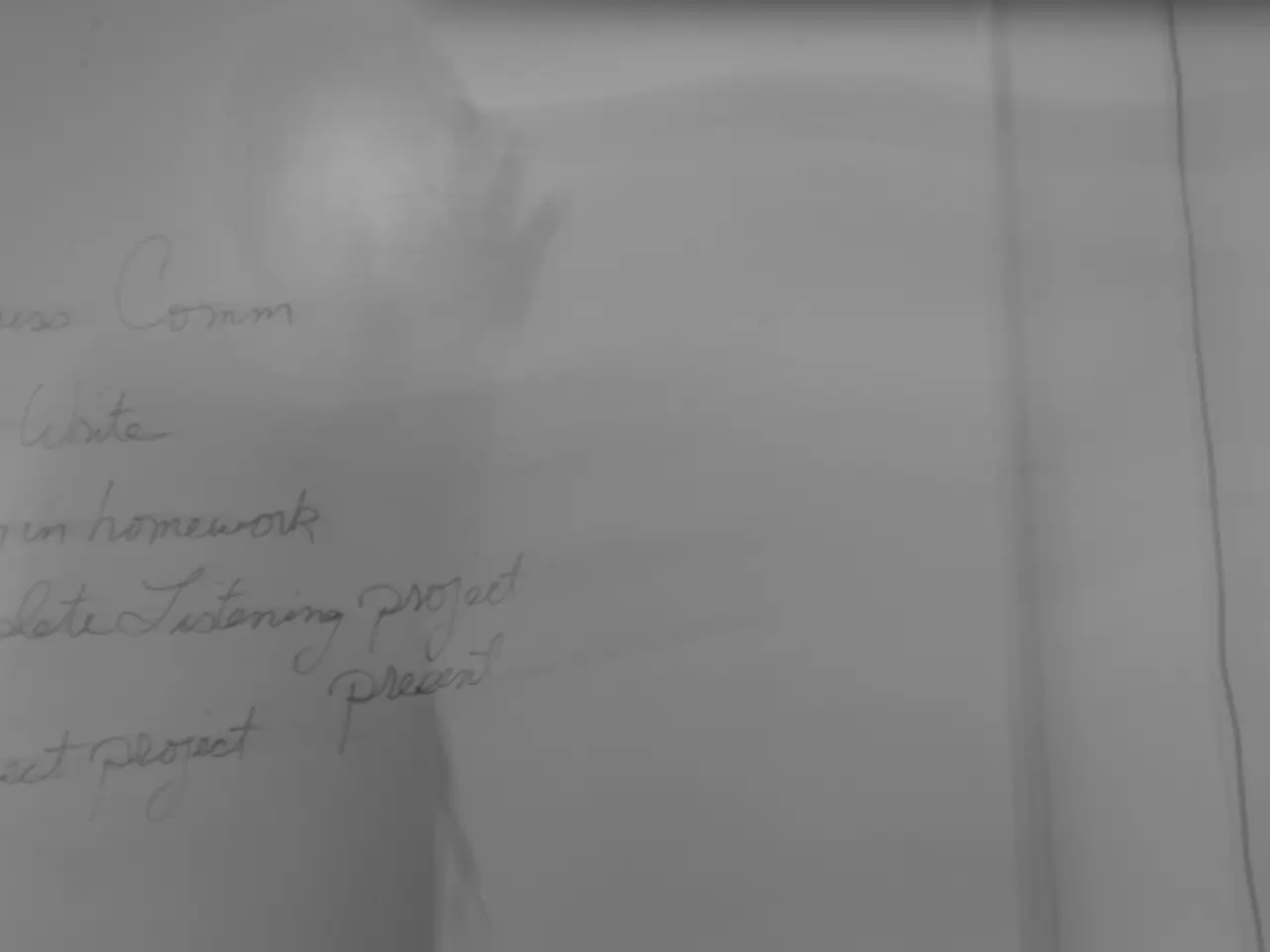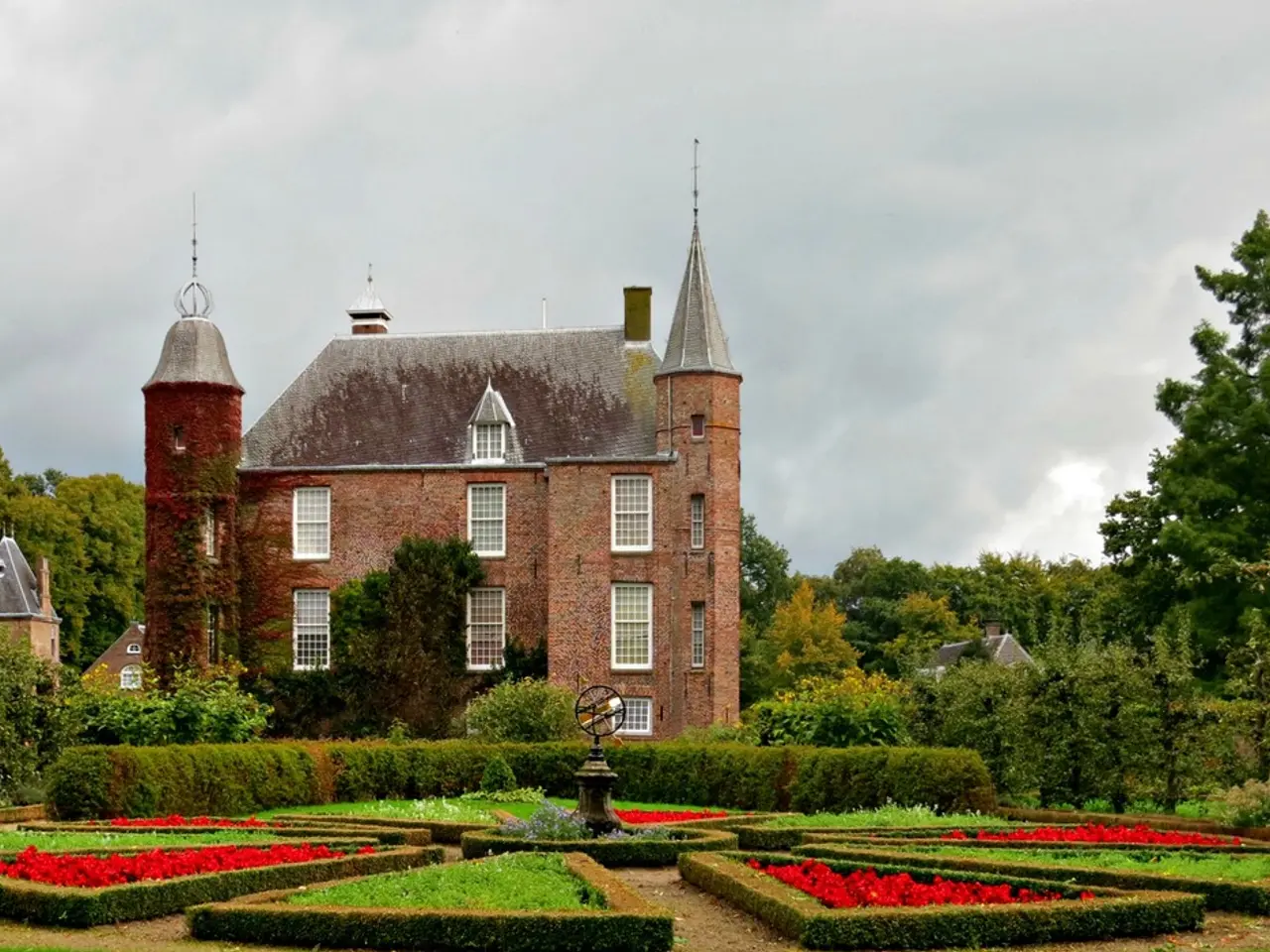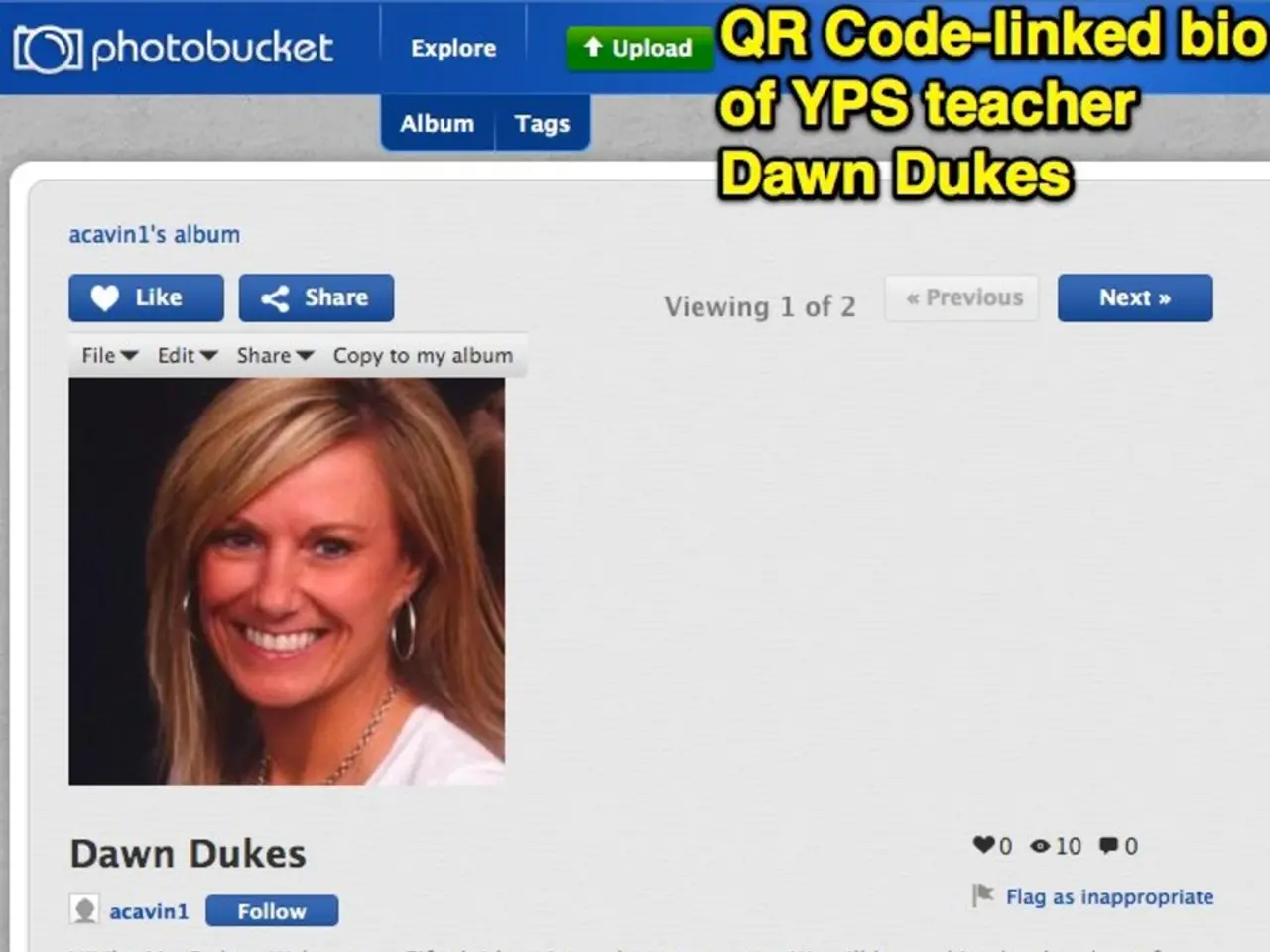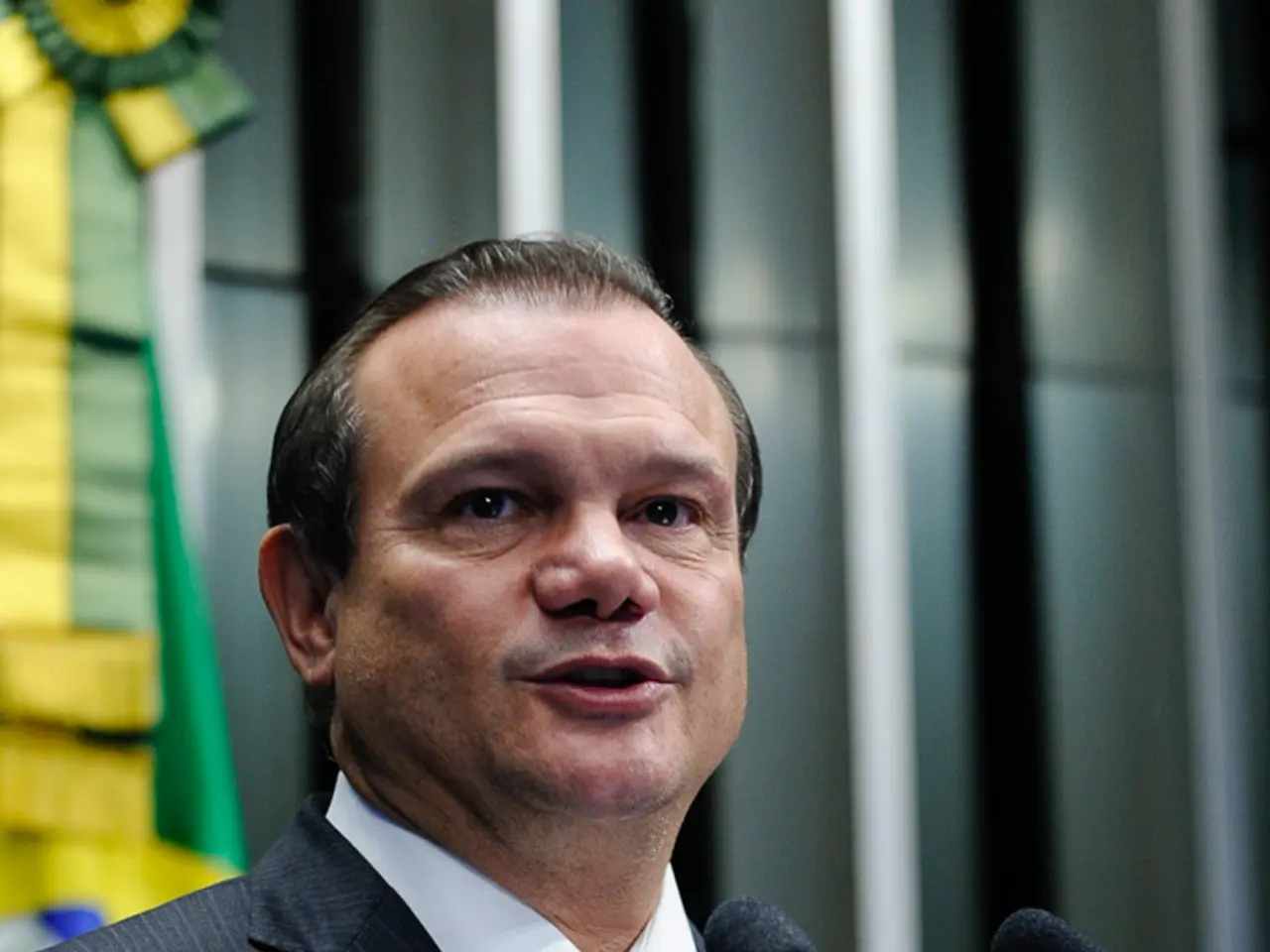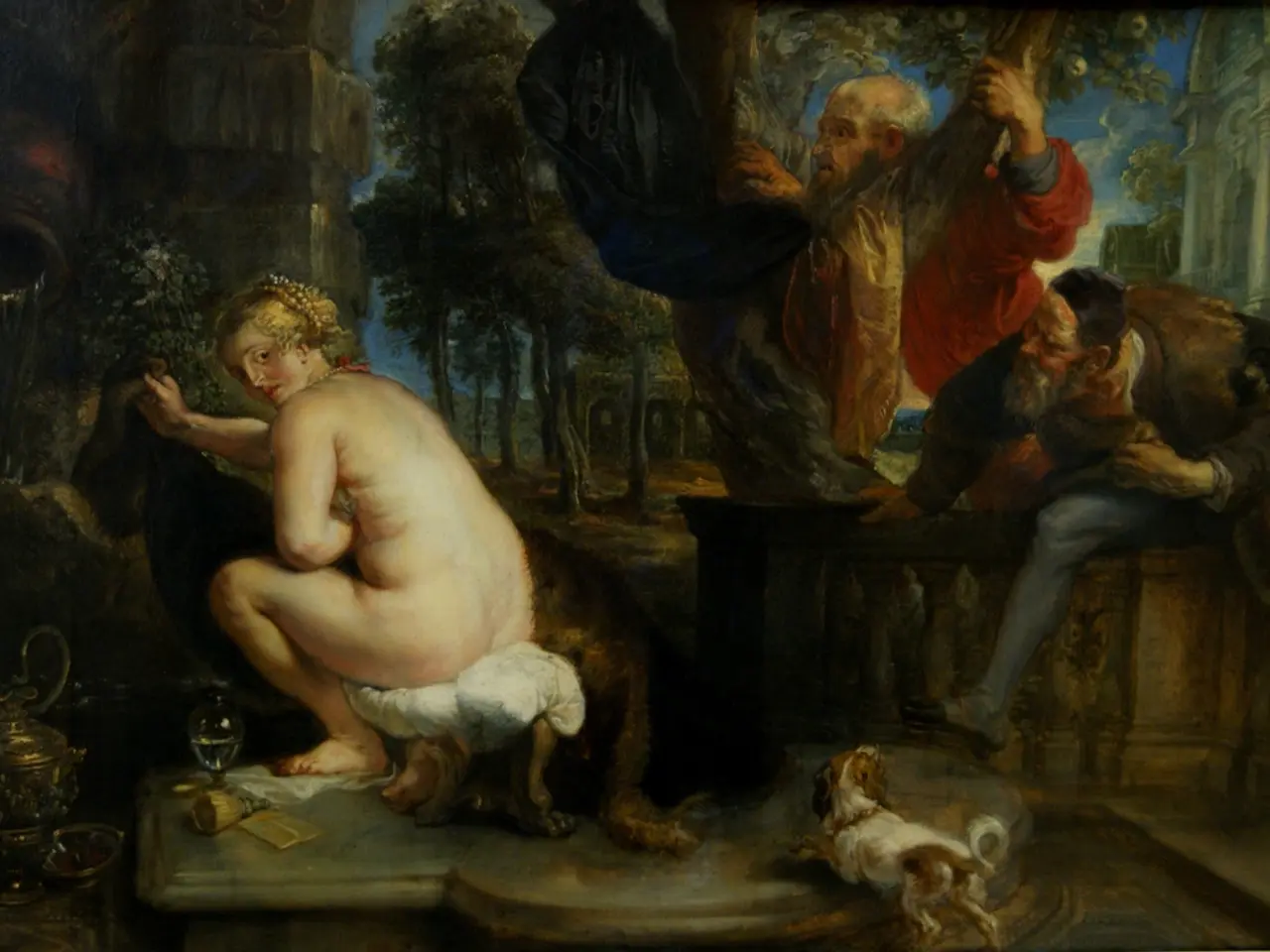Group Petitions Union for Intervention
In the heart of Münster, a political rally took place around the Stubengasse in the evening, expressing strong criticism towards the current direction of the Christian Democratic Union (CDU) and perceived links between the CDU and the Alternative for Germany (AfD).
Marc Raschke, an independent journalist and author, organized the rally for the first time in his life. His speeches made it clear that the initiators were not aiming for party political activism, but for civic intervention. The goal was to bring the CDU back to the political center.
The criticism was particularly aimed at the course of the chairman of the CDU/CSU parliamentary group, Jens Spahn. Sonja Schrapp, a communication trainer and moderator from Münster, argued that the strategic rapprochement of leading CDU figures with positions of the AfD was a break with the values of a conservative center. Schrapp was particularly critical of Jens Spahn, who, in her representation, had significantly contributed to the content and political shift within the CDU.
Raschke sharply criticized leading CDU politicians, including Friedrich Merz, for contributing to the political normalization of radical positions. He described a growing unease about current societal developments and referred to the warnings of Holocaust survivors to remain vigilant against democratic-endangering tendencies.
The AfD remains strongly critical of the CDU/CSU, connecting them indirectly through opposition stances and ideological friction. Alice Weidel, AfD leader, publicly criticized the CDU and Chancellor Friedrich Merz with harsh rhetoric recently, accusing them of breaking election promises and failing the citizens.
The CDU under Chancellor Merz has faced criticism from various sides for its political positioning, including discussions around immigration and coalition policies, sometimes being accused of not firmly separating from AfD viewpoints. No specific direct link between Jens Spahn personally and the AfD was detailed in the most recent sources, but criticisms particularly focus on the CDU leadership’s handling of internal party direction and relations with far-right perspectives.
Meanwhile, a Münster PR agency won an award for a Cologne hospital, and the latest article from the editor of ALL ABOUT MÜNSTER is about a city festival taking place on the Domplatz with Verifiziert, Blumengarten, and pack on Saturday. A planned protest in front of the CDU office in Münster indicates that the political discussions in the city are far from over.
- The political rally in Münster, organized by Marc Raschke, criticized the CDU's policy and legislation, particularly the strategic rapprochement of leading CDU figures with positions of the AfD, which is seen as a break with the values of a conservative center.
- The criticism extended to the migration policies of the CDU under Chancellor Merz, with some accusing the party of not firmly separating from AfD viewpoints, while Alice Weidel, AfD leader, publicly criticized the CDU and Chancellor Merz for breaking election promises and failing the citizens.
- The ongoing discussions in Münster regarding the CDU's direction, relations with far-right perspectives, and war-and-conflicts-related migration policies were highlighted at the political rally, and a planned protest in front of the CDU office in Münster indicates that these issues remain contentious in the general news and crime-and-justice sphere.
